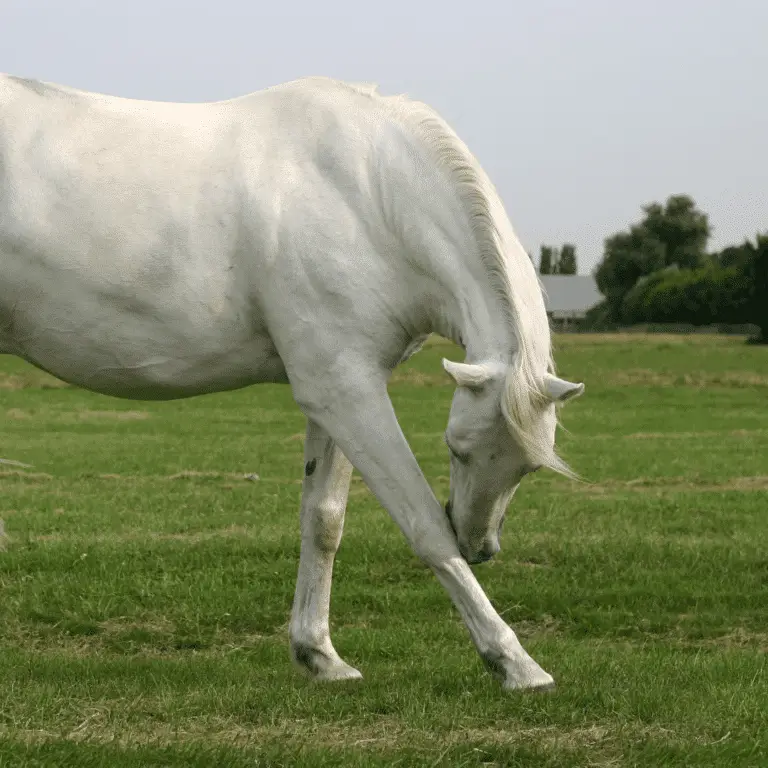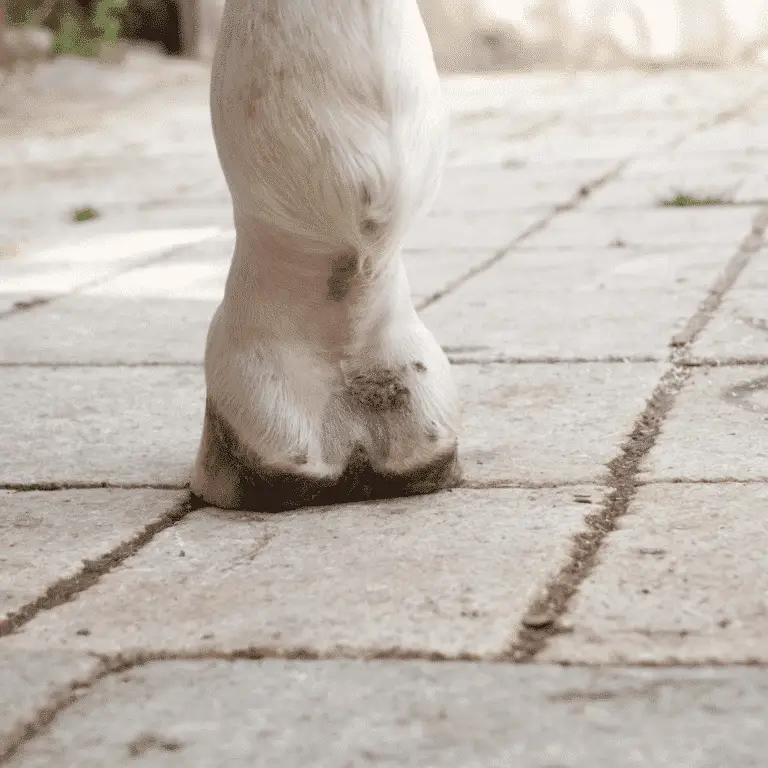
Folliculitis in Horses
Folliculitis in Horses Seek veterinary advice before applying any treatment. Folliculitis in horses is a common skin condition characterized by

Seek veterinary advice before applying any treatment.
Treatment of folliculitis typically involves topical antiseptic washes or shampoos to cleanse the affected areas and reduce bacterial or fungal growth. Veterinarians may prescribe antimicrobial medications, such as topical or systemic antibiotics, depending on the severity and cause of the infection. Additionally, providing proper wound care and addressing underlying skin conditions or environmental factors contributing to folliculitis are crucial for effective treatment.
In horses with fetlock folliculitis it is recommended to clip the hair.
Preventing folliculitis in horses revolves around maintaining good hygiene practices and minimizing skin irritations. Regular grooming helps keep the coat clean and reduces the likelihood of skin abrasions or insect bites that can lead to infections.
Providing a clean and dry living environment, with well-maintained bedding and regular stall cleaning, helps minimize exposure to potential sources of bacteria or fungi.
Monitoring the horse’s skin health and promptly addressing any signs of irritation or infection can help prevent the development of folliculitis and promote overall skin wellness in horses.


Folliculitis in Horses Seek veterinary advice before applying any treatment. Folliculitis in horses is a common skin condition characterized by

Alopecia in Horses Seek veterinary advice if you suspect this disease. Alopecia in horses refers to the partial or complete

Mud Fever (Pastern dermatitis) in Horses Seek veterinary advice before applying any treatment. Mud Fever is often caused by bacteria